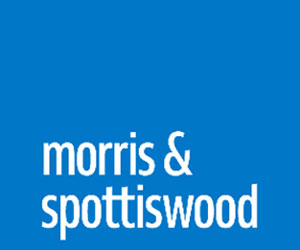The service is the subject of regular audits carried out by the Building Standards Division of the Government’s Built Environment Directorate.
The purpose is to assess the competence of the council to continue as a verifier of the Building Standards technical requirements.
The principle objective of Building Standards is to "secure the health, safety, welfare and convenience of persons in or about buildings and of others who may be affected by buildings or matters connected with buildings, further the conservation of fuel and power, and further the achievement of sustainable development".
Building Standards has two distinct roles; enforcement and verification.
Verification is principally achieved through the application of the Building Standards (Scotland) Regulations 2004, when considering applications for Building Warrants and Completion Certificates.
Evidence was submitted to auditors by the service in the form of a "Balanced Scorecard", which is a set of customer service standards, a range of internal and external business objectives and an improvement plan covering all these elements.
A self-assessment of progress in achieving the improvement objectives was also submitted.
In addition, an audit team came to Aberdeenshire in late September, visiting building standards offices.
The audit covered five different perspectives and the performance outcomes could each fall into one of five categories: Excellent, Good, Satisfactory, Cause for Concern and Serious Cause for Concern.
The assessment of Aberdeenshire Council’s Building Standards Team is as follows:
- Public Interest-Good
- Private Customer -Good
- Internal Business-Excellent
- Continuous Improvement-Satisfactory
- Finance-Good
Members of the council’s Infrastructure Services Committee acknowledged the efforts of staff within the service at a meeting in Aberdeen.
"This is a service which isn’t really in the public eye, so I’m happy its achievements have been recognised," said councillor Peter Argyle, chairman of Aberdeenshire Council’s Infrastructure Services Committee.
"Although it isn’t highly visible to the public, it does make a positive difference to the quality of development in Aberdeenshire and the environment for residents, so it’s important that it performs well."
Committee vice-chair, Jill Webster, said: "The audit team also commented informally that taking account of the council’s levels of resource and the geographical challenges facing local service provision, the audit was one of the best they had been involved in.
"That is a fantastic endorsement of the team’s efforts and I’m sure they will continue to push for improvement."
(GK/BMcC)
















